Do spelling errors make you want to pull your hair out?

Do you care about the Oxford comma?
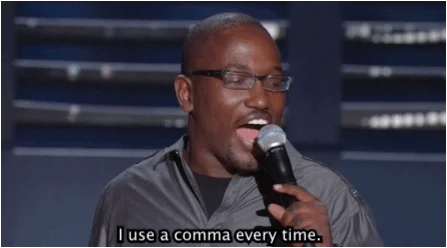
As a proofreader, you can get paid to correct people's grammar, spelling, and punctuation mistakes!
What do proofreaders do?
They make sure that written text is free from error. To do this, they:
Use style guides to create consistency
Edit punctuation, syntax, grammar, and spelling errors
Checks and fixes errors in font, formatting, and design
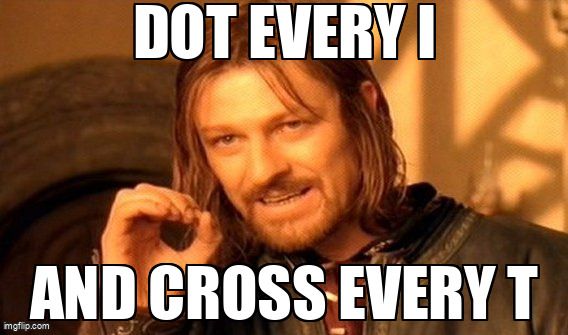
Quiz
A proofreader is working on a document and finds that the writer used the work "peak" instead of "pique". Should they correct this error?
Where can you work as a proofreader?
Proofreaders are needed in all industries where written work is published, so there are opportunities to work in diverse fields like medicine, publishing, advertising, and academics.
This kind of job also offers many opportunities for freelance work and you can work from the comfort of your space.
The sweet spot is matching your hard and soft skills with an industry that you enjoy.
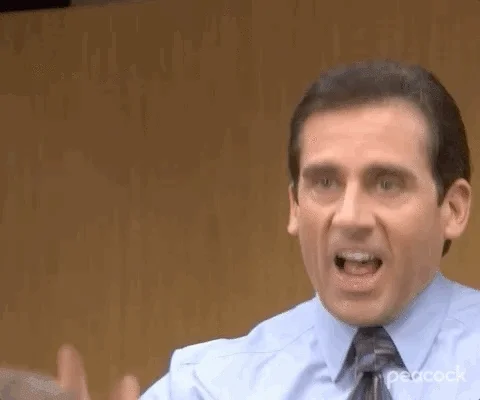
How much can you make?
USA
$57,520 USD average yearly income
Canada
$92,600 CAD average yearly income
What kind of experience do I need?

Many proofreaders have studied journalism, english, communications and media, and publishing. You don't need a certification to be a proofreader. Your skill set and aptitude will determine your success in this role.
Necessary skills
Have a strong command of English or the language you'll work in
Be familiar with proofing marks
Know style manuals and guides
Be organized
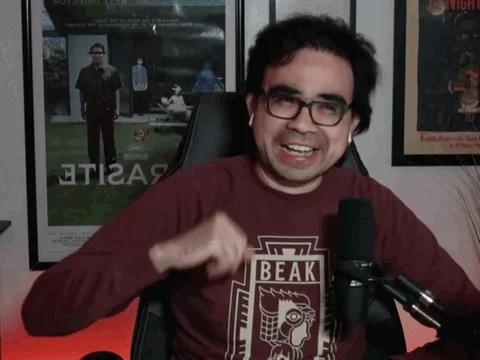
No experience? No problem!
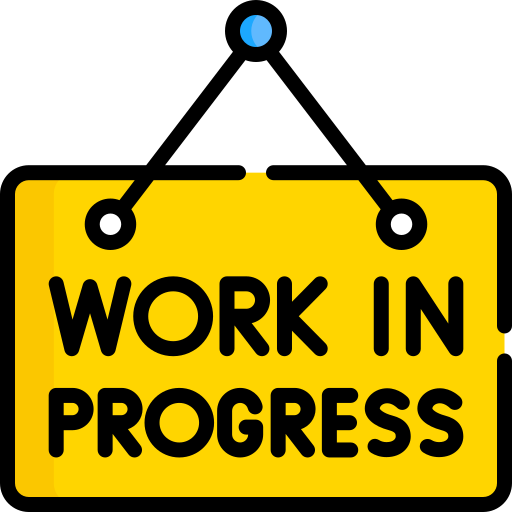
You can still showcase your skills by building a portfolio of your best work to wow potential employers and clients. This is what you should include in a winning portfolio:
Choose proofread samples of work that match the industry you want to work in
Make it clear and concise by using labeling and headings
Include a bio to show your personality and creativity
Decide on a portfolio format that will match the samples you want to show
Are proofreaders relevant in the workplace?
You may be wondering, "Don't people use spellcheckers to help with their grammar?" Isn't that what a proofreader essentially does?"
This is both true and not true.
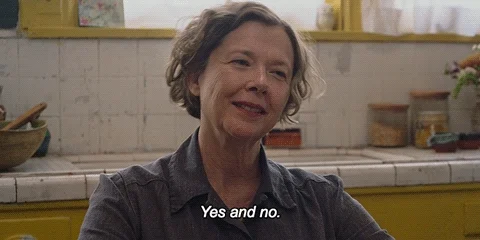
Although AI technology can be used to correct superficial grammar, punctuation, and spelling mistakes, it isn't a good enough substitute for the human touch that a proofreader can provide in a text.
Here's a list of some of the ways that a human proofreader makes critical contributions to written text:
Understand the context of a text
Add creativity and style
Apply critical thinking when correcting mistakes
Be aware of cultural sensitivity
Need the list go on?
Still not sure if this is the right fit for you?
So...now that you know what proofreading is all about, do you think you could do it but might still need a nod in the right direction?
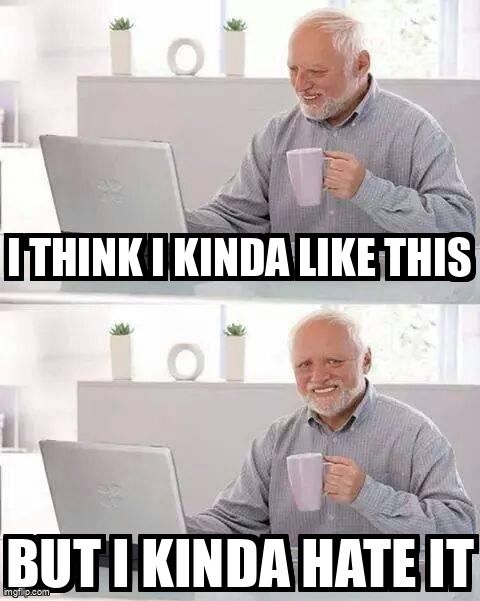
You'll love it if...
You enjoy sticking to a routine
You can concentrate for long hours
You love reading
Can work accurately under pressure
You'll hate it if...
You get bored easily
You like to work without a set routine
You prefer collaborative work
Quiz
Which person is best fit to be a proofreader?
Take Action
So now that you're convinced proofreading is your gig, out yourself one step ahead:
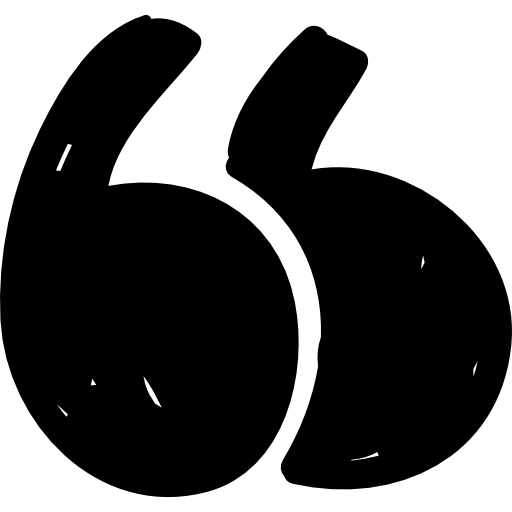
I was working on the proof of one of my poems all morning and took out a comma. In the afternoon, I put it back again.
— Oscar Wilde, playwright and poet
Your feedback matters to us.
This Byte helped me better understand the topic.

